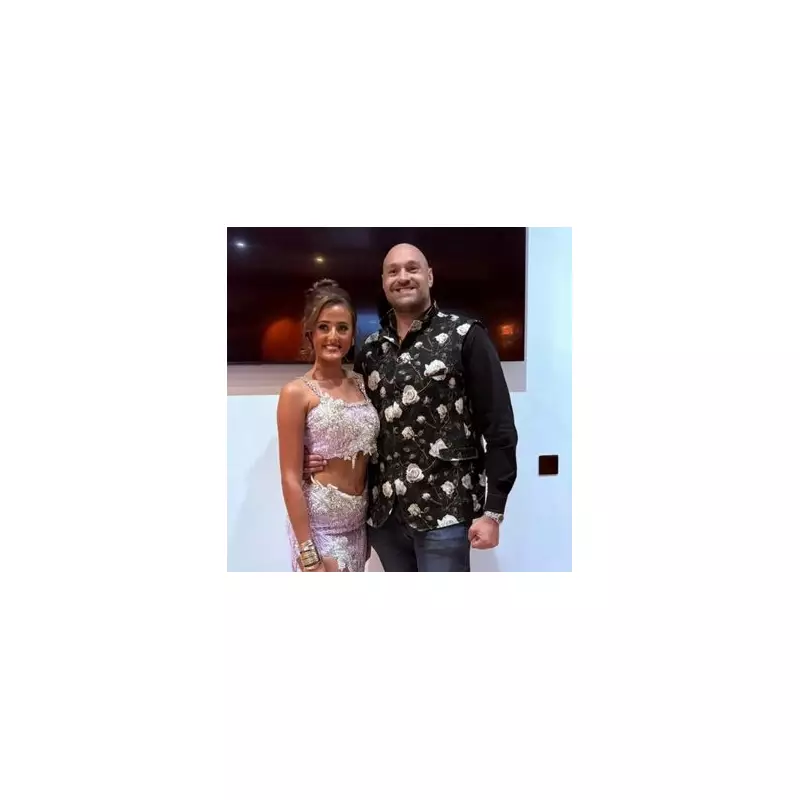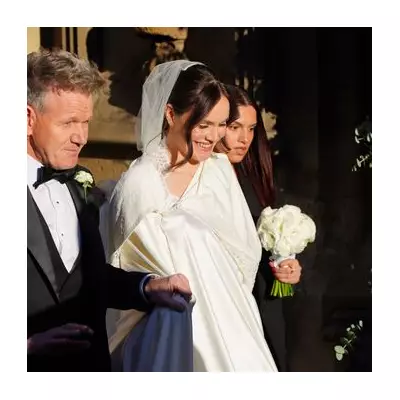
International music superstar Pharrell Williams has broken his silence after Venezuela's government launched an astonishing legal complaint against his global anthem 'Happy', accusing the upbeat track of being used as a form of 'psychological torture'.
The extraordinary situation unfolded when Venezuelan officials filed a formal legal document claiming the infectious 2013 hit had been weaponised against its citizens. In a move that's stunned the music world, authorities alleged the song represented a deliberate attempt to undermine national morale.
The Singer's Response
Breaking his weeks-long silence on the controversy, Williams offered a characteristically philosophical response. 'Music is meant to unite us, to bring joy,' the Grammy-winning artist stated. 'That a song about happiness could be interpreted in this way is... surprising.'
The multi-talented producer and fashion designer maintained his signature calm demeanour while addressing the unprecedented allegations. 'I create music to spread positivity,' he emphasised, leaving unspoken the irony of his happiness anthem becoming the centre of an international diplomatic incident.
Venezuela's Official Position
The Venezuelan government's formal complaint presents one of the most unusual music-related legal cases in recent history. Officials have doubled down on their position that 'Happy' was utilised as a psychological weapon, though specific details about how the song was allegedly deployed remain unclear.
This isn't the first time Venezuela has taken issue with international cultural elements, but the targeting of a specific pop song marks a significant escalation in the nation's approach to perceived foreign influences.
Global Reaction and Implications
The international community has watched the unfolding drama with a mixture of bewilderment and concern. Music critics and political analysts alike are questioning what this move signals about Venezuela's current political climate and its relationship with global culture.
Meanwhile, fans of Williams have flooded social media with support, many sharing videos of themselves dancing to 'Happy' in solidarity with the artist. The controversy has ironically given the decade-old song a new lease of life, introducing it to a new generation of listeners.
As the situation continues to develop, questions remain about what legal recourse Venezuela actually has against an international artist and his work. Legal experts suggest the case may be more about political posturing than any genuine expectation of legal success.





